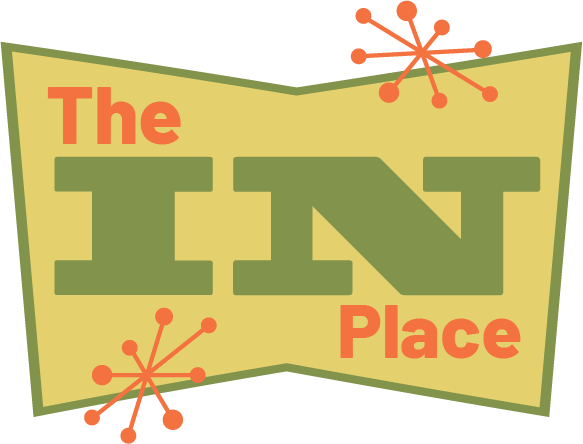When new clients come to me, almost all of them list procrastination as an issue that they would like to work on. I don’t believe in procrastination I think it is a word that we use to describe a behavior that we don’t understand. It’s a throwaway term that damages us by labeling us as somehow inferior and maladaptive.
Nobody gets up in the morning and says to themselves, “I have a really important thing to do today and if I don’t do it I’m going to be totally screwed. But you know what, I’m not going to do it anyway.” Quite the opposite. As human beings, particularly those of us with ADHD, we two opposing forces working on us at all times. We have motivating forces and we have demotivating forces.
For example, I may want to be skinny but I may also want to stop at McDonald’s everyday for lunch. I may want to be able to play the guitar but I may not be interested in practicing enough to get good at it. Of course, these are pretty simplistic examples. Now you have to layer on the fundamental attentional dysfunction that comes with adhd.
What neurotypical people don’t understand about ADHD is that it is almost physically painful to do tedious, repetitive, unengaging tasks. So as much as we may want the end result, if we don’t have the attention available to initiate and follow through on a behavior the force pushing against us doing it is often greater than the force incentivizing us to do it.
Fundamentally, this also means recognizing that for those of us with ADHD easy isn’t always easy. Sometimes easy is really hard. All the things that normal people take for granted as being easy, if they’re boring or tedious, challenge us by virtue of our lack of attention. It doesn’t mean that we’re lazy, unmovated, stupid, or procrastinating. It’s simply highlights that the threshold of effort that it takes for us to do everyday things like laundry, bills, male, dishes, etc is way higher than it is for neurotypical people. So if we experience doing the dishes as a torturous activity we’re far less inclined to do it even though we may really want to have a clean kitchen.
The result often looks like this thing that we call procrastination. If you know it’s going to suck to do the dishes, maybe not consciously. But on some level, you know it. So you put it off. Eventually it gets bad enough that the dishes get done. But in the intermediate time it looks like you’re putting it off for no reason. (At least that’s the way it looks to people who don’t understand ADHD.)
So now you’ve been labeled a procrastinator. Which is kind of a polite society way of saying that you’re lazy and you have some sort of character flaw. Plus this negative narrative is reinforced by the idea that we’re struggling with what everybody else tells us should be easy. Talk about damaging and isolating.
So stop writing off your attentional challenges as procrastination. There’s nothing wrong with you. You’re not broken. You’re just wired differently. And you probably need to address your ADHD pharmacologically. And you may need behavioral intervention as well. But that doesn’t make you a bad person or someone who’s fundamentally flawed. It’s just your attention. And the grand scheme of things it could be worse. I’d much rather have a treatable medical condition that responds really well to medication then be a lazy, unmotivated, good for nothing jerk who will “never live up to their potential.”
